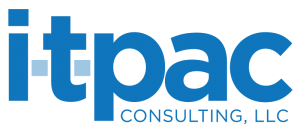Are you prepared in the event of a HIPAA breach?
HIPAA is not a new issue for healthcare providers; however, the ever changing threat landscape along with the OCR’s renewed commitment to compliance and enforcement, reinforces the need for healthcare providers to ensure that they are focused on preparing for privacy or security issues that are increasingly occurring.
Read More